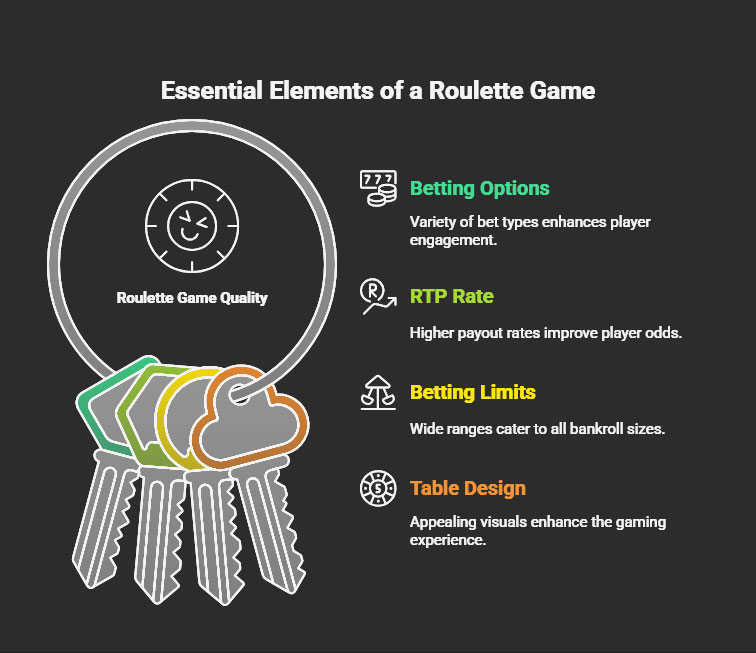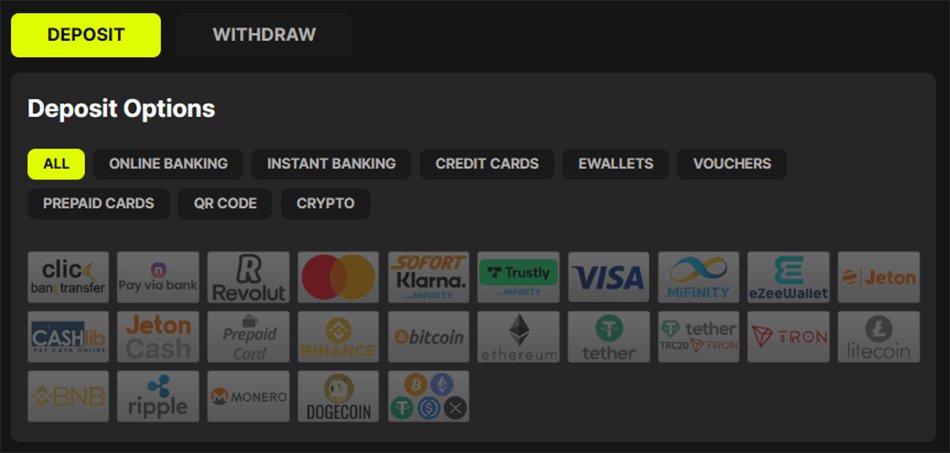
Italian Football Betting Scandal: How Fagioli, Tonali, and Zaniolo Got Caught in the Gambling Net
Published by Jordan Conroy on October 27, 2025

Published by Jordan Conroy on October 27, 2025
In recent months, Italian football has once again been rocked by revelations of illegal gambling involving professional players. While the spotlight often falls on match-fixing scandals, this wave of investigations centres around a different — yet no less disturbing — phenomenon: elite footballers engaging with unlicensed betting platforms, sometimes borrowing money, and in some cases becoming embroiled in networks that stretch beyond mere casual wagers. Among the names repeatedly cited are Sandro Tonali, Nicolò Fagioli and Nicolò Zaniolo.
In this article, we explore what is known so far: the investigations’ scope, the individual cases of these players, what the alleged misconduct was, how the authorities are responding, and what this means for football integrity moving forward.
Background: Betting, Integrity and Italian Football
Football in Italy has, unfortunately, a long history of corruption, match-fixing and illicit betting. Notably the famous “Calciopoli” scandal of 2006 exposed systemic manipulation of matches, referee appointments and club power dynamics.
While this current wave differs because it focuses more on unauthorized gambling platforms rather than explicit match-fixing, it raises serious concerns about sport integrity, player welfare and the shadow networks that surround modern gambling.
In Italy, as in many jurisdictions, betting by professional players on matches is strictly regulated (or forbidden); using illegal, unlicensed platforms is a crime or at least a serious regulatory breach. When players bet on matches in which they are involved, the risk is not only to themselves but to the legitimacy of the sport.
The Investigation: Scope and Findings
In April 2025, it emerged that prosecutors in Milan (the Milan Public Prosecutor’s Office) were investigating at least a dozen players in Italy’s top flight, with the focus being illegal online betting and unauthorized platforms.
Key findings of the investigation include:
- The players under scrutiny did not all appear to be betting on football matches; many were using illegal platforms for poker or other games.
- The illegal platforms often involved money-laundering schemes, disguised as legitimate transactions (for example, jewellery stores used as front-companies)
- Some players had already faced disciplinary action from the national football federation, while this criminal investigation runs in parallel.
Thus, while the scope is broad, the nature of alleged wrongdoing differs from the typical “betting on your own match to lose/win” scenario that usually triggers match-fixing scandals.
Individual Cases
Let’s examine the three most prominent cases.
Nicolò Fagioli
Fagioli, a young midfielder who had come through the youth ranks and been earmarked for big things, found himself at the centre of the scandal. The key points:
- He was banned by the Italian Football Federation (FIGC) for seven months for violating betting rules.
- The ban was reached following a plea arrangement: he admitted his offence, agreed to gambling-addiction treatment, and accepted a fine (reported at €12,500).
- Subsequent investigations revealed he may have played a recruiting role in the illegal betting ring: for example, he is alleged to have offered rewards (luxury watches) for bringing other players into the network
- It is also alleged his debts related to gambling reached millions of euros — for example, one Spanish-language article reported up to €3 million of accumulated debt.
- Importantly: while he bet on illegal platforms, it does not appear he bet on football matches in which he played (at least this is not clearly reported).
In short, Fagioli’s case highlights how a top-level footballer can be drawn into the shadows of illegal gambling, not necessarily by manipulating matches, but by engaging in unauthorized wagering and even recruitment of peers.
Sandro Tonali
Tonali is one of the highest-profile names: a talented Italian international, transferred for significant sum, and now playing in the Premier League (for Newcastle United). The salient facts:
- In October 2023 he was banned for 10 months by the FIGC for betting on football matches, including matches involving his own team.
- The ban initially had to exclude him from the 2023-24 season and the upcoming Euro 2024 national tournament.
- He also admitted to a gambling addiction and underwent treatment as part of the plea deal.
- Despite the previous ban, in April 2025 prosecutors reopened an investigation which includes him again in illegal gambling activities (online platforms) alongside other players.
- It is worth noting that while he bet on matches involving his club, the disciplinary sanction was reduced because he cooperated and sought help.
Tonali’s case raises the gravest integrity concerns: betting on matches you are involved in undermines everything sport stands for.
Nicolò Zaniolo
Zaniolo, a dynamic attacking player with Italian national team credentials, has also been named in reports of the betting scandal:
- Reports indicate that he had previously been investigated for illegal online betting, though his case did not lead to a sporting ban — reportedly because there was no evidence he bet on football matches.
- He has publicly denied involvement in sports-match betting, though admitted to gambling on card games.
- He remains under scrutiny as part of the broad investigation into illicit platforms.
While Zaniolo’s involvement appears somewhat different in nature and severity, his inclusion in the investigation signals how far reaching the network of illegal wagering in Italian football has become.
The Allegations, Myths and What Isn’t Proven
It is important to distinguish between what has been confirmed and what remains alleged or unverified. Some of the claims circulating — for example that each player wagered “one million each” on Serie A or UEFA Champions League matches, including bets on their own teams — do not appear in credible reports with verifiable evidence.
Key caveats:
- Many reports emphasise illegal betting platforms rather than specific bets on professional matches
- For the players who did bet on football (e.g., Tonali), the amounts and details of each wager are not always publicly disclosed in full.
- Some journalists and commentators speculate on the sums involved (millions of euros) but these remain unconfirmed, speculative or based on anonymous leaks (for example the Spanish-language article about Fagioli’s €3 million debt). El País
- No official investigation outcome has publicly concluded that any player placed a bet on their own team with intent to influence the outcome — in Tonali’s case he admitted to betting on his team to win, which raises ethical questions but is not the same as match-fixing for profit./
In other words: while the issue is serious, and there are admissions of wrongdoing in certain cases, the sensationalised narrative of “million-euro bets on the Champions League including on one’s own club” remains mostly unverified in the public domain.
Why This Matters: Risks and Consequences
Integrity of Sport
When players engage in unlicensed betting, the credibility of sport suffers. Fans expect matches to be fair, competitive and free from manipulation. While illegal online gambling is not by definition match-fixing, it creates pathways and vulnerabilities: debt, black-market platforms, pressure from criminals, and blurred ethical lines. The Tonali case is especially disturbing because it involves bets on matches he played in.
Player Welfare & Addiction
Multiple players cited (Tonali, Fagioli) admitted to gambling addiction. This highlights the human dimension often overlooked: top-level athletes under intense pressure, with large incomes, high expectations, but often lacking support and education about gambling risks. Addiction leads to debt, shame, secrecy and can degrade performance and mental health.
Criminal Networks & Money Laundering
Italian prosecutors uncovered that some of these betting platforms were run as part of organised structures, using front companies (e.g., jewellery stores), disguised transfers, and money-laundering channels. CBS Sports+1 The involvement of footballers lends legitimacy to these networks, making enforcement harder.
Regulatory and Disciplinary Implications
Football federations (FIGC in Italy, FA in England) must enforce rules about bets by players. The consequences vary: bans, fines, required therapy, public appearances for education. For example, Tonali’s ban was reduced from a possible 3-year minimum to 10 months thanks to cooperation and treatment.
Also, criminal investigations (separate from sporting sanctions) may impose fines or other penalties — though in some instances the penal consequences may be limited (e.g., a fine of a few hundred euros) since Italian law treats unlicensed gambling differently from match-fixing
What’s Next: Potential Outcomes & Questions
On the Legal/Criminal Side
The Milan prosecutor’s investigation remains ongoing. It could lead to prosecutions of the operators of illegal platforms, and possibly players if evidence is found of specific criminal offences (money laundering, unlicensed gambling). However, the players themselves may face relatively light criminal penalties if they are found to have simply used illegal sites (some reports mention fines of €250 for players in certain cases) rather than having manipulated matches.
For the Players & Clubs
Players risk further sporting sanctions, damage to reputation, contract consequences, and trust erosion with clubs and fans. Clubs may face internal challenges: ensuring education and support for players, reviewing their contractual and behavioural clauses, and protecting their image.
For Italian Football
This scandal may prompt the Italian Football Federation (FIGC) and league authorities to strengthen regulations, increase monitoring of players’ bets (including via unusual platforms), and enhance collaboration with law-enforcement and betting regulators. It may also rekindle discussions about linking wealth, youth education, player welfare and gambling.
For the Broader Betting Ecosystem
The case underscores the dangers of unlicensed platforms, hidden debt, and gambling harm among elite athletes. It may lead to closer scrutiny of sponsorships, advertising (are players being used to promote unlicensed sites?), and greater disclosure obligations
.
Clarifying What We Don’t Know (at least publicly)
- Exact amounts wagered by each player in each case: many reports use broad figures or estimates, not always backed by verified logs.
- Whether any of the bets placed were intended to fix or manipulate a match outcome. In Tonali’s case he bet on his club to win, which is ethically questionable but not necessarily match-fixing.
- Whether all players under investigation will face sporting sanctions — though many already have, others may escape if they did not bet on matches.
- The full scope of the illegal network: how many operators, how many players, what total volume. Some reports suggest “a dozen” players and multiple platforms.
Why Some Claims Circulate That Are Inaccurate or Exaggerated
In complex investigations like this, particularly involving gambling, there is a high risk of sensationalised reporting:
- Large round numbers (“one million euros”) may be used for dramatic effect rather than being documented fact.
- Phrases like “bet on their own team” may be taken out of context: for example, betting on your team to win is different from betting against them or orchestrating outcomes.
- The confusion between betting on football matches and betting on poker/other games: many reports clarify that some players used illegal sites for poker rather than for football.
Therefore any article or guide using these cases should be cautious, distinguishing confirmed facts from speculation.
Lessons for Stakeholders
For Players
- Know the rules: in many leagues, professional players are prohibited from betting on matches altogether, or face strict obligations.
- Seek help early: gambling addiction can escalate quickly, especially with large income, easy access to online sites, and peer pressure.
- Transparency matters: cooperation with regulators may reduce sanction severity (as seen in Tonali’s case).
- Be aware of secondary risks: recruitment of others, disguising debts via foreign transfers or luxury goods can escalate legal exposure.
For Clubs
- Provide education: ensure players understand betting rules, risks of addiction, and the club’s expectations.
- Monitor behaviour: unusual financial transactions, gambling site links, large spending should trigger concern.
- Support welfare: mental-health, addiction-prevention programmes, external counselling.
- Reputation management: coordinate with legal/regulatory bodies to respond swiftly and responsibly in case of wrongdoing.
For Governing Bodies & Regulators
- Enhanced monitoring: collaborate with betting regulators and law enforcement to identify illegal platforms, track suspicious activity among players.
- Clear sanctions: establish transparent guidelines for betting breaches, ensure consistency.
- Prevention focus: invest in player education, mental-health support, and public awareness campaigns.
- Legal alignment: ensure that national laws around unlicensed gambling, money-laundering and player misconduct are robust and coordinated.
Conclusion
The investigations into illegal betting involving Nicolò Fagioli, Sandro Tonali and Nicolò Zaniolo serve as a stark reminder that the vulnerabilities of elite sport extend beyond the pitch. While the romantic narrative of match-fixing dominates headlines, the subtler reality is that even high-profile players can fall victim to gambling addiction, misuse unlicensed sites, accrue debts, and become entangled in networks that threaten both their careers and the integrity of the sport.
For Italian football, the timing is especially sensitive: after decades of scandals, the clean-up is ongoing, and this fresh wave of investigations suggests that the problem is not yet solved. The players involved serve as cautionary examples — not only for those who place bets, but for all stakeholders committed to protecting the game.
While some claims (for example the “million-euro bets on Champions League matches” or “betting on own team” assertions) remain unverified in credible sources, the documented facts are troubling enough: bans, addiction treatment, criminal probes, unlicensed platforms and networks disguised as legitimate businesses.
If Italian football is to move forward, the lessons must be acted on: rigorous oversight, better player welfare, stronger deterrents, and a collective commitment to transparency and integrity. Because the value of the game lies not only in the spectacle, but in the trust of those who care.








